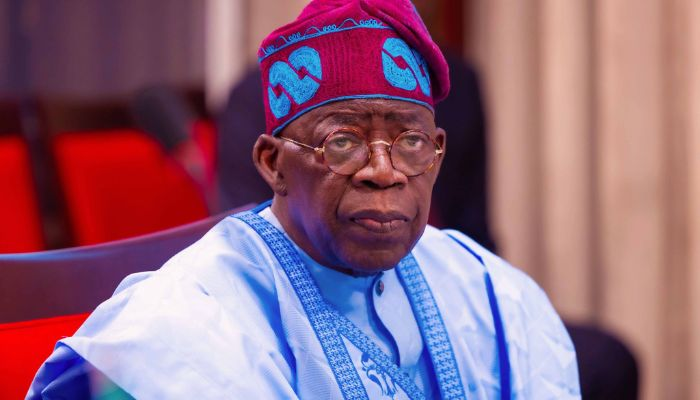Nigeria’s government has rejected claims by the United States that it violates religious freedom, calling the allegations “fundamentally misinformed” while signaling its willingness to cooperate on security matters.
The diplomatic tension arose after US President Donald Trump announced that Nigeria would be designated a “Country of Particular Concern” (CPC) due to alleged persecution of Christians by “radical Islamists.” Trump went further to threaten possible military action, intensifying the controversy.
However, Nigeria’s Foreign Ministry Permanent Secretary, Dunoma Umar Ahmed, dismissed the claims during a briefing in Abuja, stating that “recent external claims suggesting systemic religious persecution in Nigeria are unfounded.” He emphasized that the government’s counter-terrorism campaign targets extremists threatening Nigerians of all faiths.
According to UN estimates, the country’s prolonged insurgency by Boko Haram and Islamic State-affiliated militants in the northeast has killed over 40,000 people and displaced around two million. Experts note that violence in Nigeria affects both Muslims and Christians without distinction.
Ahmed criticized Washington’s stance as “disparaging,” urging that “dialogue and cooperation remain the standard in engagement between sovereign states.” It remains unclear whether the US ambassador attended the briefing.
Complicating diplomatic communication, Nigeria currently lacks an ambassador to the US—a situation that may have amplified claims of Christian persecution. President Bola Tinubu recalled nearly all ambassadors in 2023 as part of an efficiency review, with replacements yet to be named.
Information Minister Alhaji Mohammed Idris later told journalists that “some influencers of these criminal activities have direct relationships with lobbyists in the US,” linking the allegations to political lobbying by separatist groups in Nigeria’s southeast.
Despite the tensions, Idris reaffirmed Nigeria’s openness to collaboration with the US and other nations to “completely eliminate terrorism” and enhance regional security.
Nigeria continues to battle jihadist insurgencies, violent banditry, and farmer-herder conflicts—issues analysts say are driven more by resource scarcity than religion.

